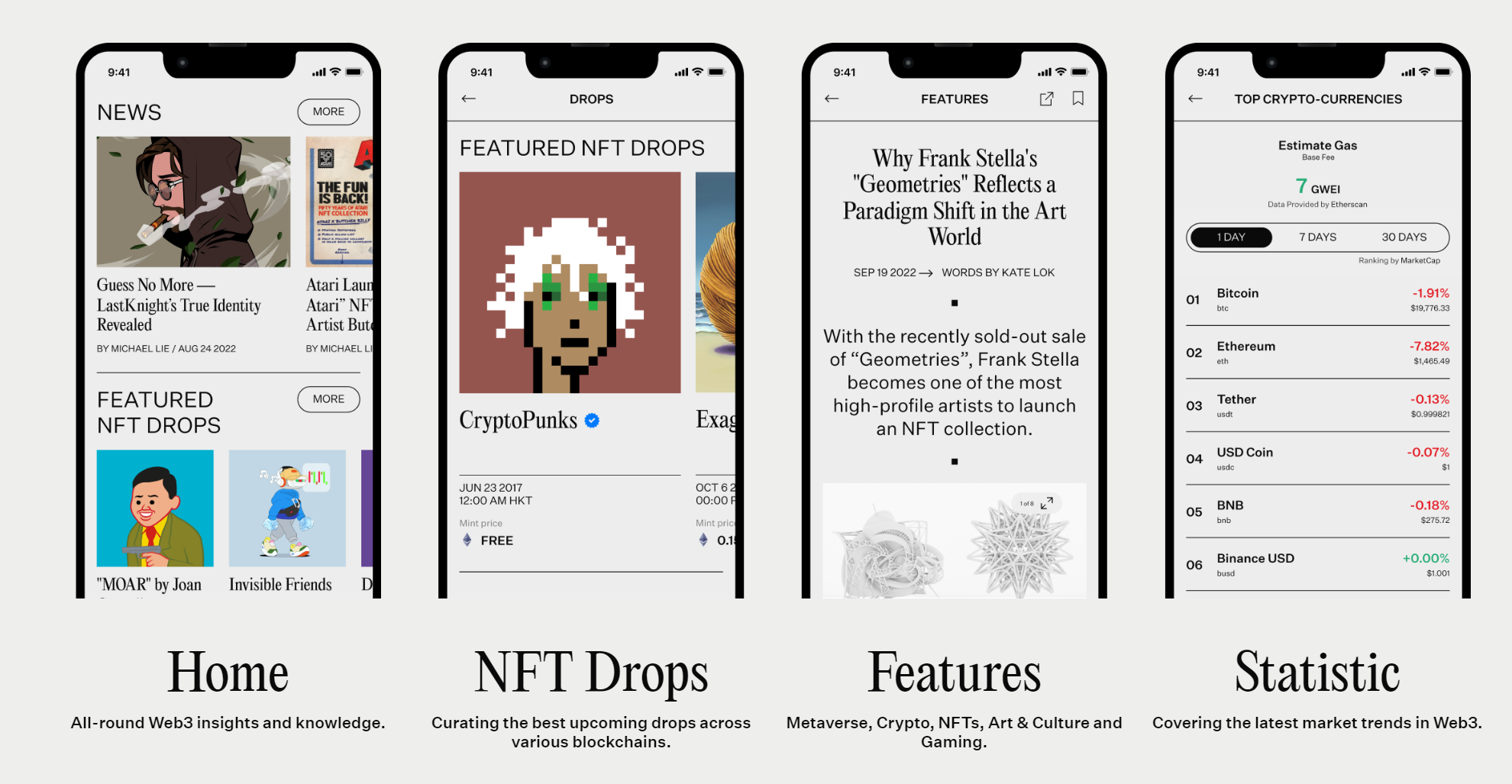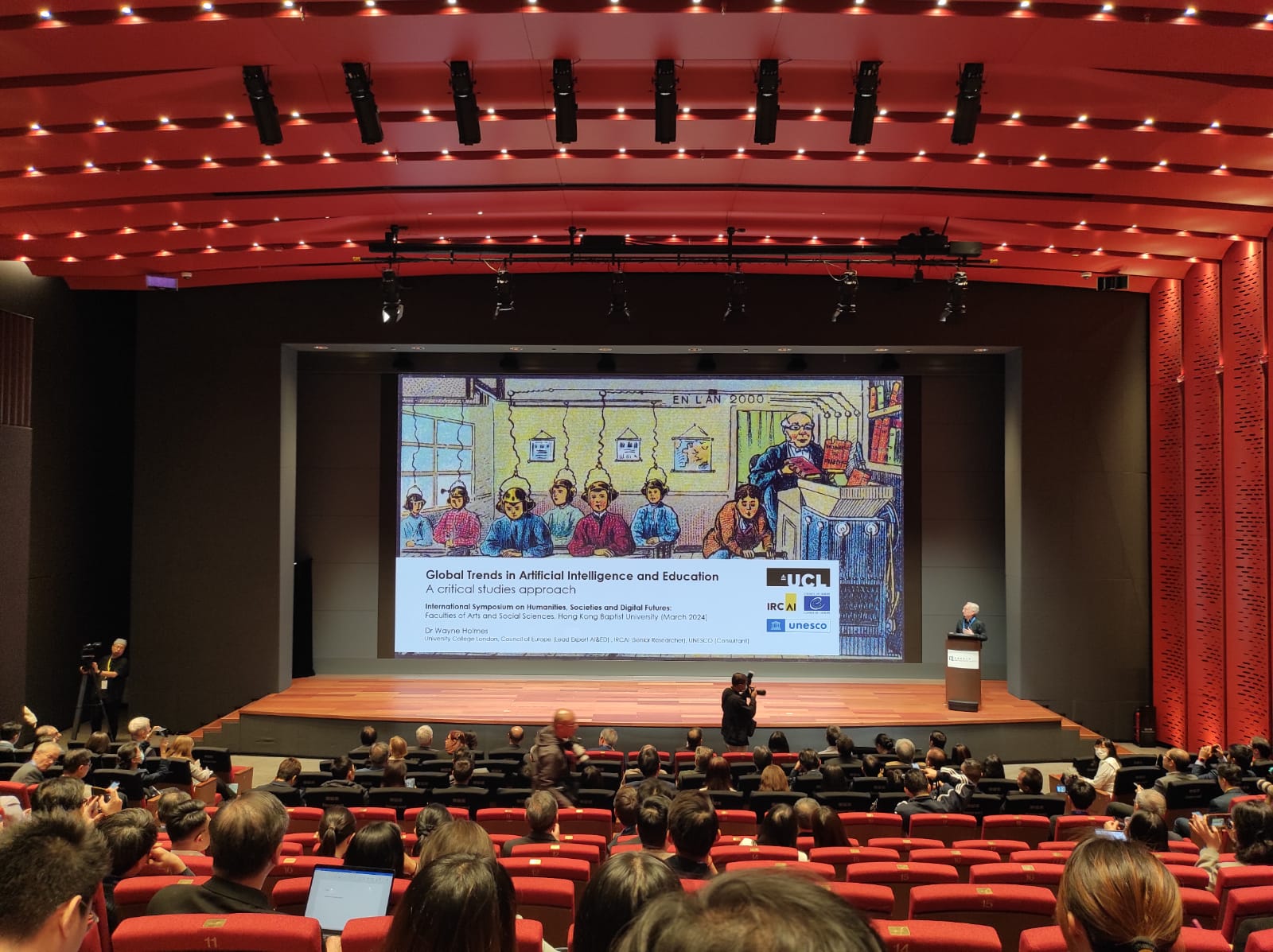The Slasher career – what this means ?
The first slasher definition was casually brought up by a journalist Wares (2012)
A growing trend in shifting towards the new economy involves adopting a career “slasher” approach, as defined by Alboher. Alboher in his book “The Encore Career Handbook” tells the story how today’s professionals sometimes combine two or more careers, either by choice or due to financial constraints, such as being a lawyer/chef, accountant/artist or bartender/actor. Yours truly is an example of a slasher who has found fulfilment as a lecturer and running various social enterprise businesses. Hong Kong’s emerging artist Alvin Lam also runs another business called On-The-Wagon which sells Kombucha produced in Hong Kong.

In today’s global landscape, it is crucial for universities and colleges to adopt a fresh approach to equip students with a diverse set of skills and competencies. This has led to extensive research in various pedagogical models, such as applied learning, experiential learning, pupil-teacher, and apprentice-master approaches. However, achieving proficiency across multiple disciplines is a formidable challenge. As a result, many academic institutions are revamping their traditional curricula to offer entrepreneurial education and courses, emphasizing the importance of a multifaceted skill set.
As the world continues to evolve at a rapid pace, the skills required to succeed in the workforce are also changing. In the past, a traditional education in a single discipline was often sufficient. However, today’s global landscape demands a more diverse skill set. Employers are seeking candidates who can think critically, communicate effectively, and adapt quickly to changing circumstances. As a result, universities and colleges are revamping their curricula to provide students with a broad range of skills and competencies.
Applied learning, experiential learning, pupil-teacher, and apprentice-master approaches are all pedagogical models that prioritize hands-on learning and real-world experience. These models provide students with the opportunity to develop practical skills and apply theoretical knowledge in real-life situations. By doing so, students gain a deeper understanding of the subject matter and are better equipped to handle complex challenges in their future careers.
In addition to these pedagogical models, many universities are now offering entrepreneurial education and courses. This shift reflects the growing demand for individuals who can create new businesses and bring innovative ideas to the marketplace. Entrepreneurship courses teach students about business strategy, financial planning, marketing, and sales. By equipping students with these skills, universities are preparing them to succeed in a rapidly changing job market.
Overall, the transformation of traditional curricula and the emphasis on a multifaceted skill set reflect the changing demands of the global landscape. By providing students with a diverse range of skills and competencies, universities and colleges are preparing them for success in an increasingly complex and competitive world.
Reference
Wares,D.(2012).Freelancer growth giving rise to “slasher” careers. NBCNews. (link)
https://www.cnbc.com/2021/05/02/hong-kong-slashies-reject-traditional-jobs-to-pursue-multiple-careers.html
http://wynd.hk/slash-career-a-new-work-trend-on-the-rise/










